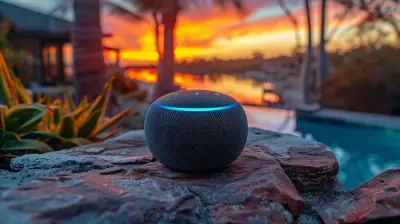Smart Speakers and Accessibility: How Voice Commands Empower Users
4 August 2025
Technology has come a long way in the last few decades. But honestly, nothing feels more futuristic—and useful—than talking to a smart speaker and having it actually do what you say. Whether you're asking it to play your favorite playlist, check the weather, or control your lights, smart speakers have become the ultimate hands-free assistants. Now here's the thing: for a lot of people, it's more than just convenient—it’s essential.
In this article, we're diving deep into how smart speakers are reshaping accessibility and empowering users through voice commands. It’s not just about smart homes—it’s about smarter, more inclusive living for everyone.
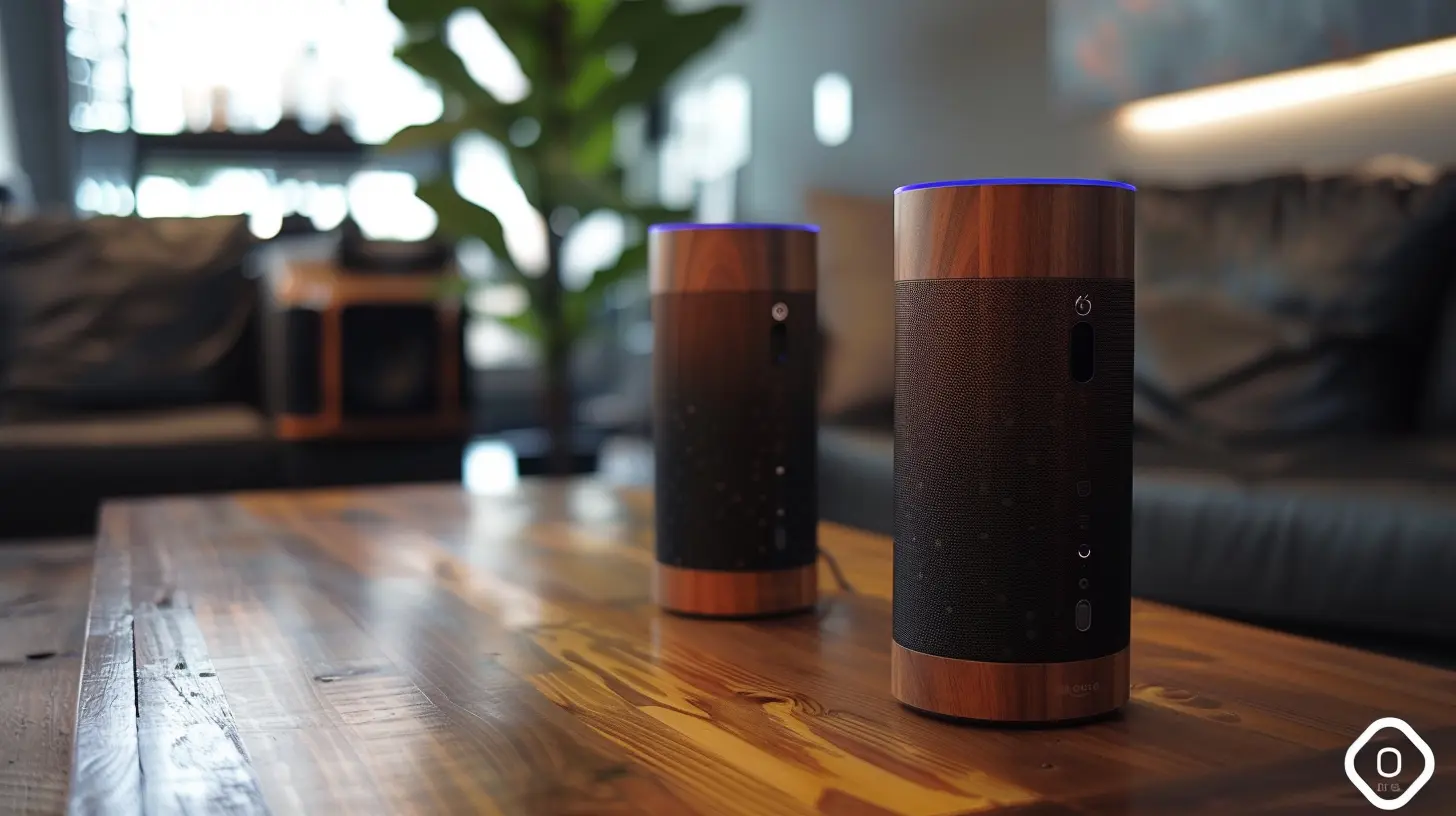
The Rise of Smart Speakers
Let’s rewind for a second. Smart speakers like Amazon Echo, Google Nest, and Apple HomePod have exploded in popularity over the past decade. These devices use integrated voice assistants—Alexa, Google Assistant, or Siri—to perform a variety of tasks. You just say the magic phrase: “Hey Alexa…” or “Hey Google…” and boom, you're in business.But beyond just playing music or turning on the lights, these devices have found an incredibly impactful role: helping people with disabilities navigate everyday life with more ease and independence.
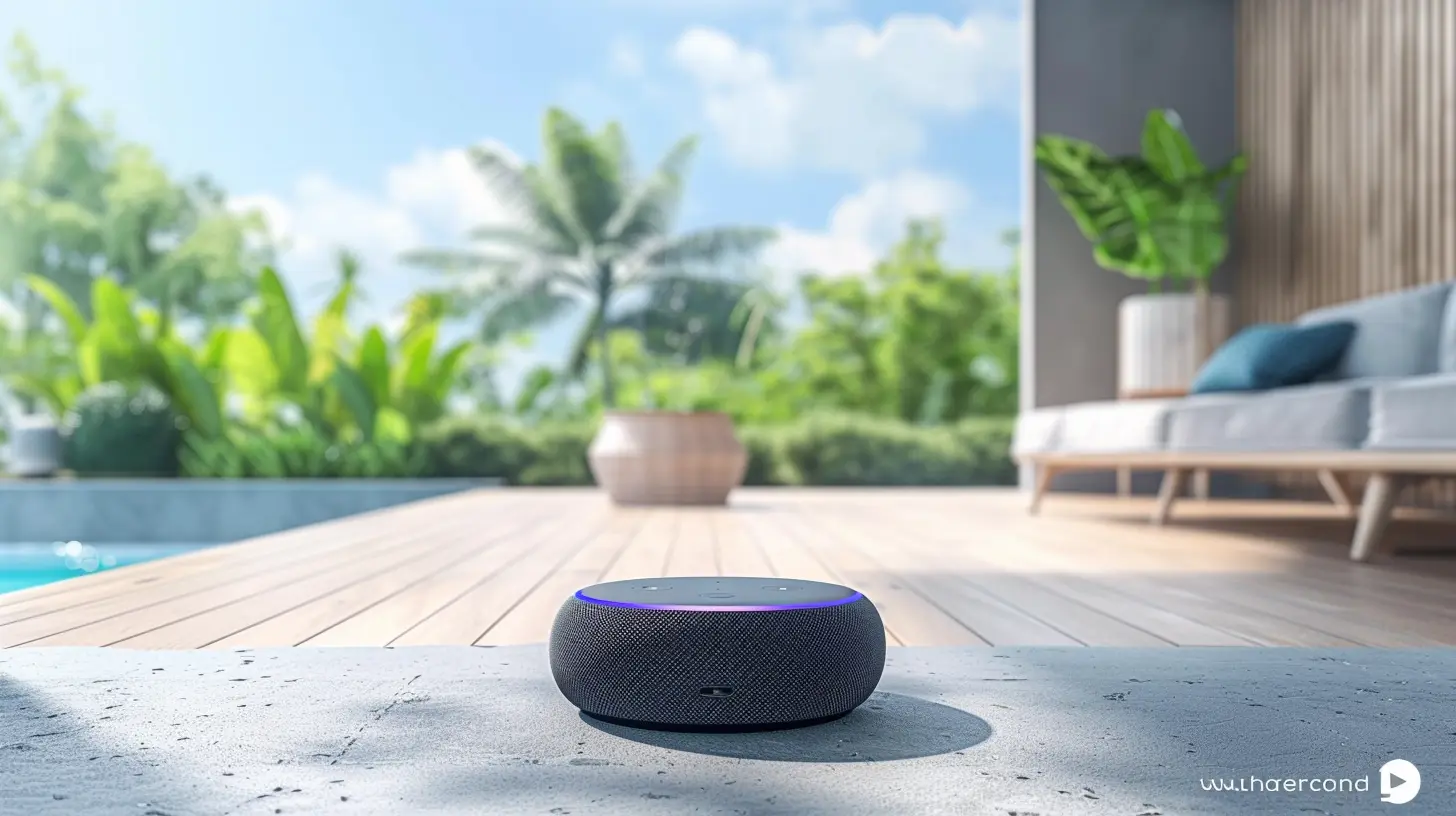
Accessibility: It's Not a Buzzword — It's a Lifeline
When we talk about accessibility, we’re really talking about giving everyone the tools they need to live life without unnecessary barriers. For people with visual impairments, mobility challenges, or cognitive disabilities, many traditional ways of interacting with technology—touchscreens, keyboards, tiny buttons—can be frustrating or downright impossible to use.Enter the smart speaker. It listens. It responds. It doesn’t require you to press anything or read a screen. For many, that’s a total game-changer.
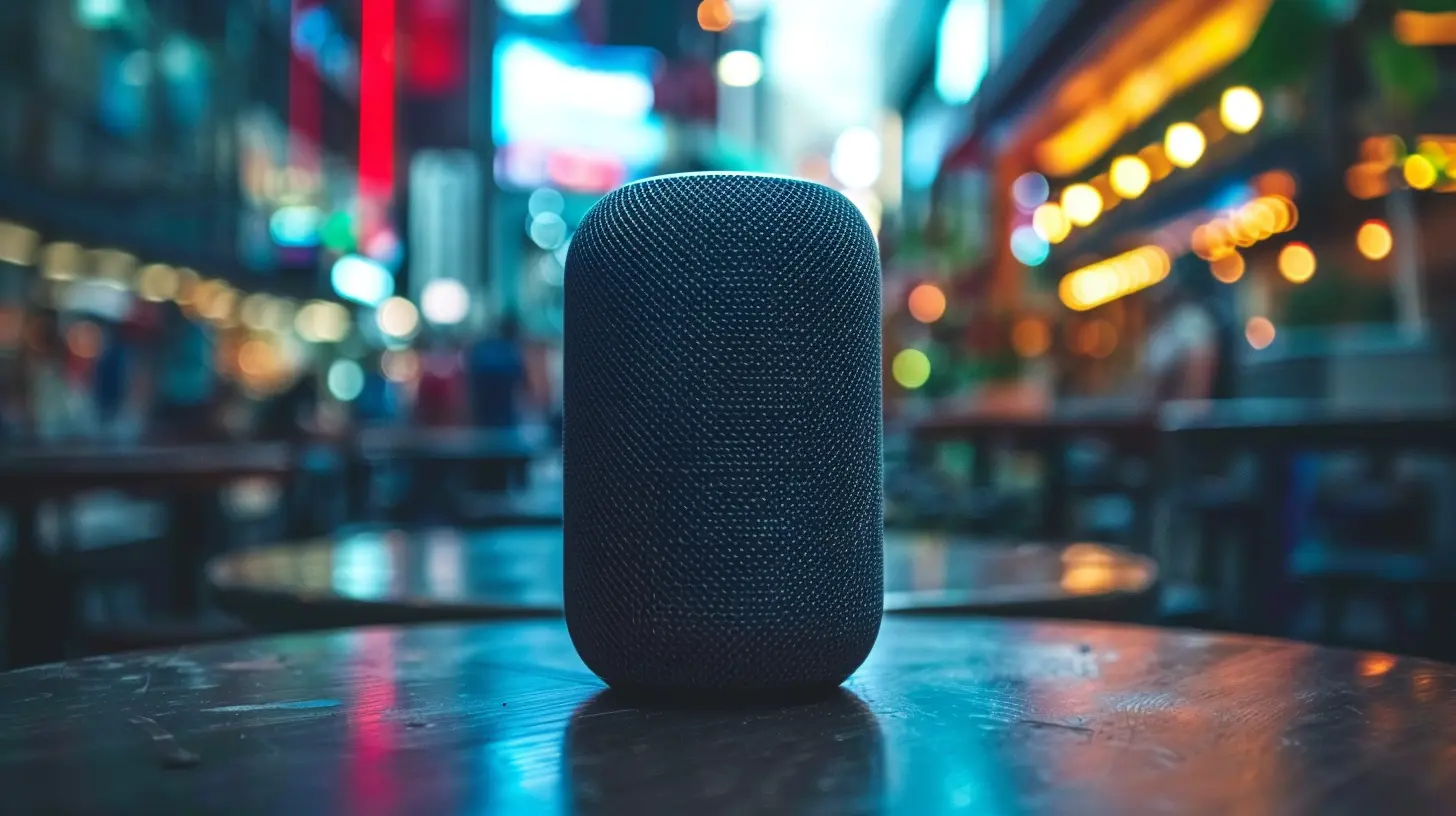
Voice Commands: The Power in Simplicity
Let’s break it down—voice commands are the heart of what makes smart speakers so powerful. Just think about how freeing it is to say something out loud and have the tech do the work for you. This is especially incredible for:People with Visual Impairments
Navigating a smartphone or computer screen can be overwhelming—or totally out of reach—for someone who’s blind or has low vision. Smart speakers remove that roadblock. A visually impaired person can ask about the time, the news, transit updates, or even have a recipe read aloud while cooking. Suddenly, tasks that were once difficult become totally manageable.Those with Limited Mobility
Imagine struggling to reach a light switch or adjust a thermostat. For individuals with mobility challenges—due to paralysis, arthritis, or other conditions—those simple tasks might require assistance. But with smart speakers, they can just say, “Turn off the lights” or “Set the thermostat to 72 degrees,” and it’s done. No movement required. That’s freedom.Individuals with Cognitive Impairments
Smart speakers also help users who may struggle with memory, organization, or complex tasks. Someone with early-onset dementia, ADHD, or a traumatic brain injury can simply ask their device to set reminders, manage schedules, or explain things step-by-step.And because voice assistants are patient (they don’t mind being asked the same thing five times in a row), they’re perfect companions for folks who need a little extra support.
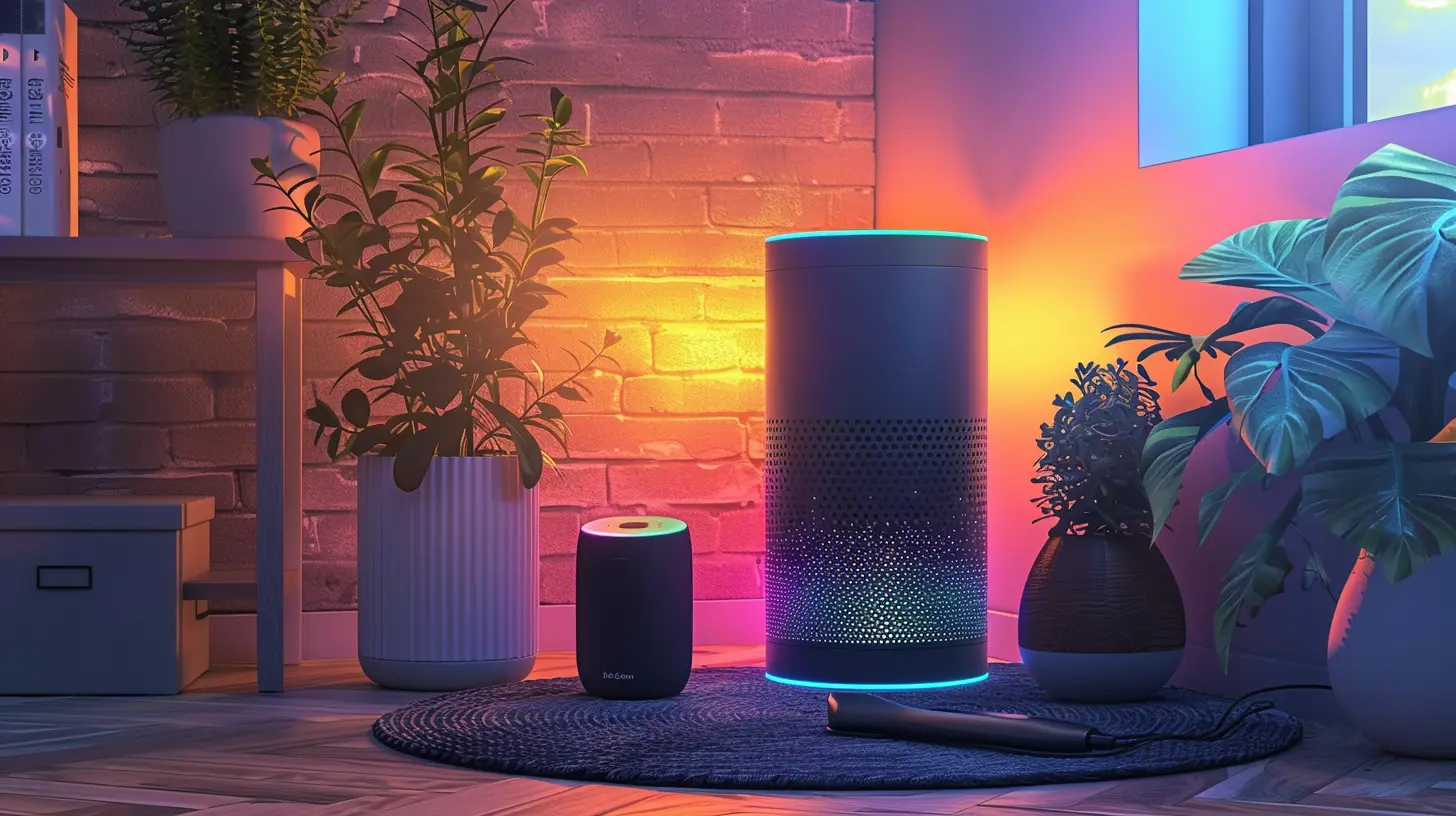
Real-Life Stories: Accessibility in Action
Let’s make this real. Picture Emily, a college student with low vision. She uses her smart speaker daily to check when her next class is, set alarms, and even control her screen reader software while studying.Or consider Mike, a retired veteran who uses a wheelchair. He’s automated his entire home with smart tech. He can answer the door, adjust lighting, and even start his coffee machine—all with simple voice commands.
These aren’t futuristic fantasies. These are real stories playing out every day because of smart speakers.
More Than Just Voice: Expanding Capabilities
Okay, so we know how important voice commands are. But the cool part is, smart speakers are only getting more capable.Integration with Smart Home Devices
Voice commands get a serious upgrade when paired with other smart devices. Think smart lights, locks, thermostats, TVs, and even kitchen appliances. Accessibility goes from being about one device to the entire living environment.Compatibility with Accessibility Software
A lot of smart speakers now integrate with screen readers or braille displays, opening even more doors for users with unique needs.Multi-Language and Voice Customization
Language support is another big win. Many smart speakers understand dozens of languages and dialects, which is crucial for users who feel more comfortable communicating in their native tongue—or have speech differences that require voice recognition training.
The Role of AI in Adapting to Users
Here’s the secret sauce behind smart speakers: artificial intelligence. Remember the first time you talked to a voice assistant, and it didn’t quite get what you said? Yeah, that’s AI learning. The more you interact with it, the better it gets at understanding your voice, your routine, even your slang.This "learning" is particularly important for accessibility. Someone with a speech impediment or unique accent benefits hugely from a system that adapts over time. It’s like having a personal assistant that gradually gets to know you really well.
Voice Tech Is Not Just for the Home
Smart speakers aren’t confined to living rooms anymore. They’re moving into schools, offices, hospitals, and even public transportation systems. Imagine a school where a visually impaired student can use a voice assistant to take notes. Or a hospital room where a patient can control their environment without needing to call for help.Yeah, the potential is massive.
Challenges That Still Need Solving
Let’s not sugarcoat it—there are still some bumps in the road when it comes to accessibility and voice tech.Privacy Concerns
Some users worry about smart speakers “listening in” all the time. For individuals with disabilities, who may use these devices more frequently, protecting personal data becomes even more important.Cost of Entry
Not everyone can afford to outfit their home with the latest tech. While prices have dropped, accessibility shouldn’t be a luxury—it should be a standard.Voice Recognition Limitations
Users with heavy speech impairments may still struggle to get their commands recognized. While AI is improving, this remains a real issue for full accessibility.Even with these challenges, the progress has been incredibly encouraging. And with more awareness, innovation, and inclusive design, things are only going to get better.
Developers, Take Note!
If you're someone who builds apps or gadgets, here's a nudge: think accessibility first. Build voice skills that are simple, clear, and inclusive. Make sure your smart speaker integrations support people with different needs—because inclusive design isn’t just nice to have, it’s the future.
The Future of Voice Accessibility
So what’s next? We’re already seeing voice tech backed by machine learning, emotion detection, and voice biometrics. That means your smart speaker might soon not only understand your words but also detect your mood or stress level.We could be moving towards a world where your voice assistant becomes much more than a tool—it becomes a companion, especially for those who need it most.
Wrapping Up: Voice as the Equalizer
Let’s be real—technology isn’t always inclusive. But in the case of smart speakers, we’ve got something that actually levels the playing field. Voice commands strip away the need for touch, sight, or even tech savviness. They give power back to the users—where it belongs.From helping someone turn on a light to enabling a person to live independently, smart speakers aren't just cool—they’re transformative.
So next time you chat with your smart speaker, know that you're using a tool that holds world-changing potential, especially for those who rely on it daily, not just for convenience, but for connection and control.
all images in this post were generated using AI tools
Category:
Smart SpeakersAuthor:

Marcus Gray
Discussion
rate this article
1 comments
Tabitha Russell
Great read! It's amazing how smart speakers are truly changing the game for accessibility. Voice commands not only empower users but also make technology feel more welcoming. Keep spreading the word about these fantastic advancements!
August 29, 2025 at 12:15 PM

Marcus Gray
Thank you! I'm glad you enjoyed the article. I agree—smart speakers are indeed transformative for accessibility, making technology more inclusive for everyone.
